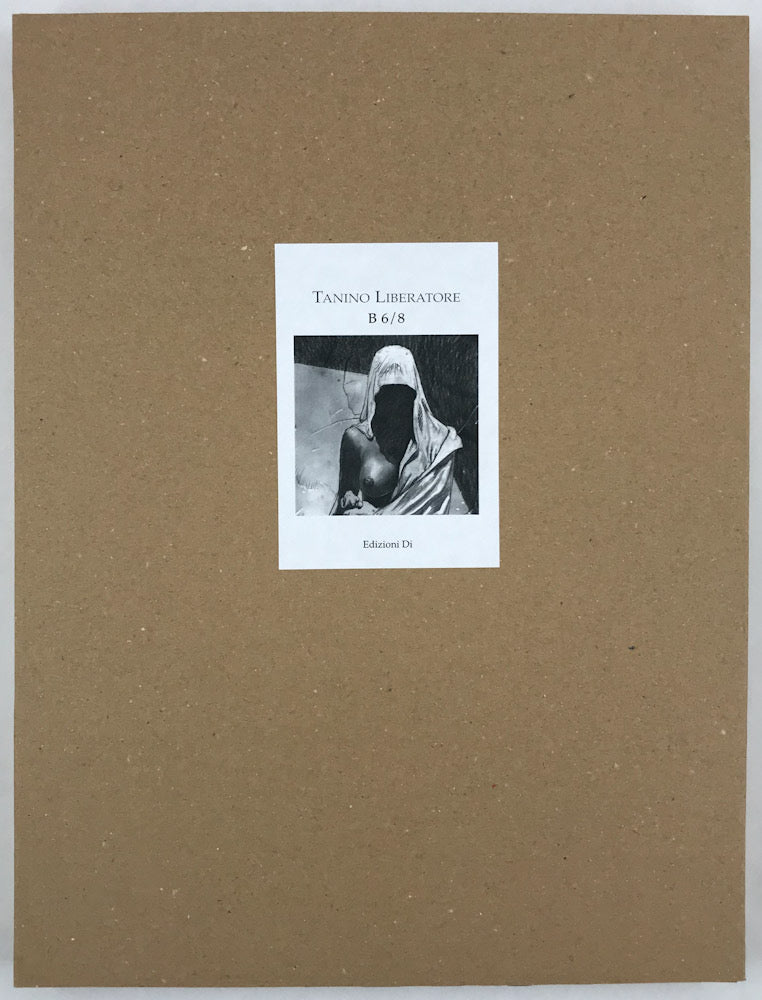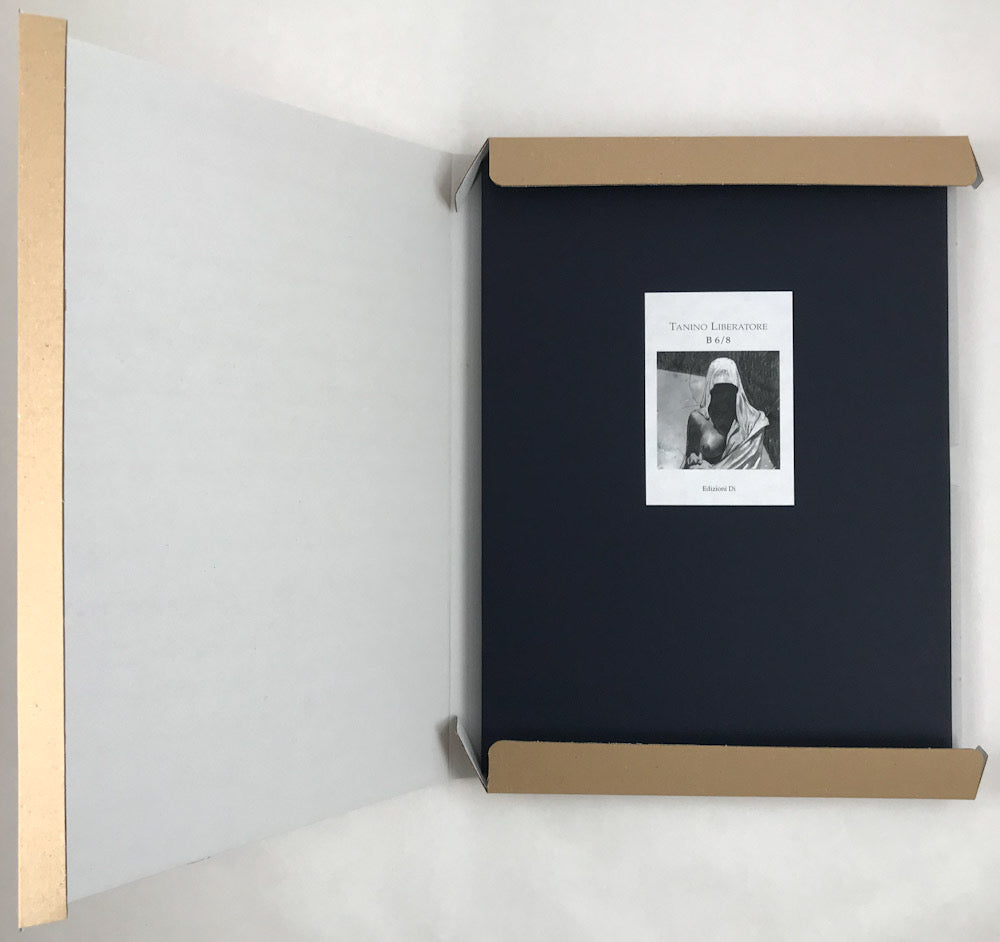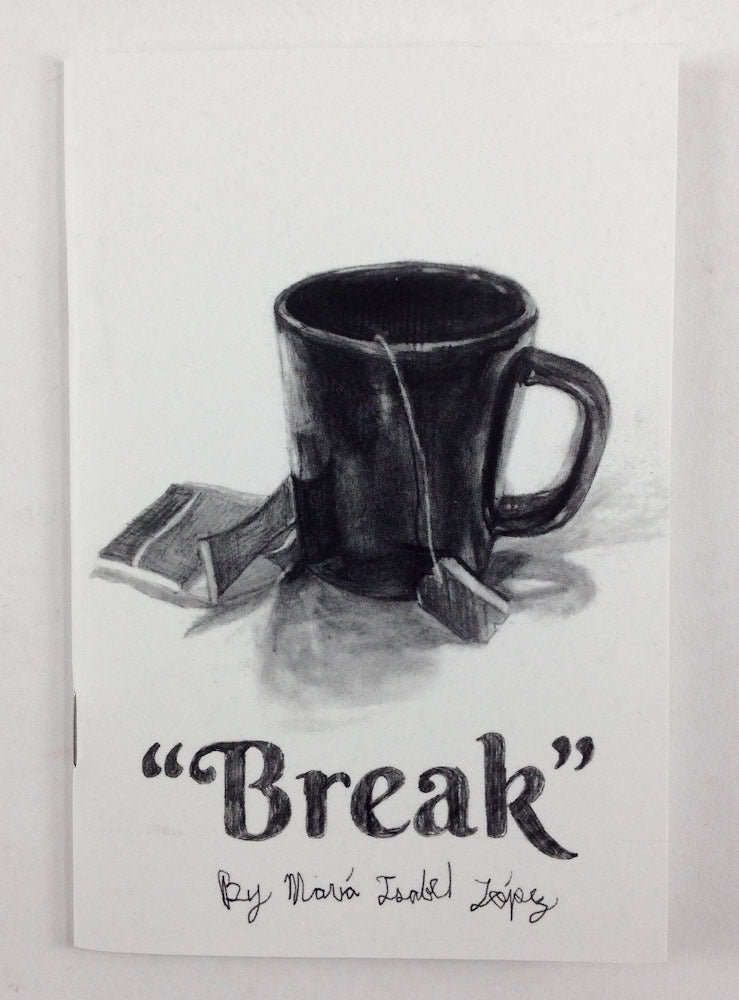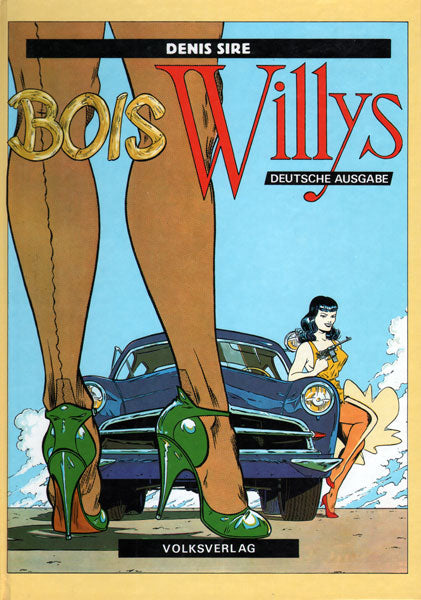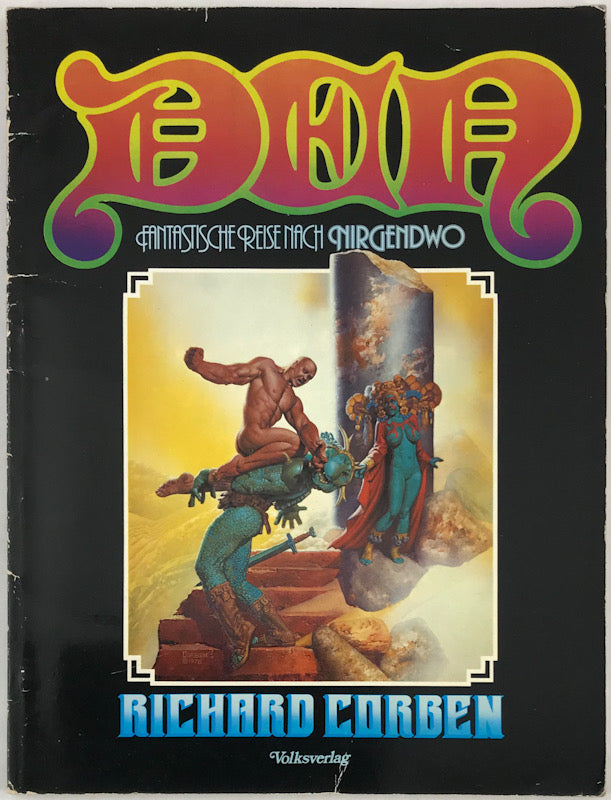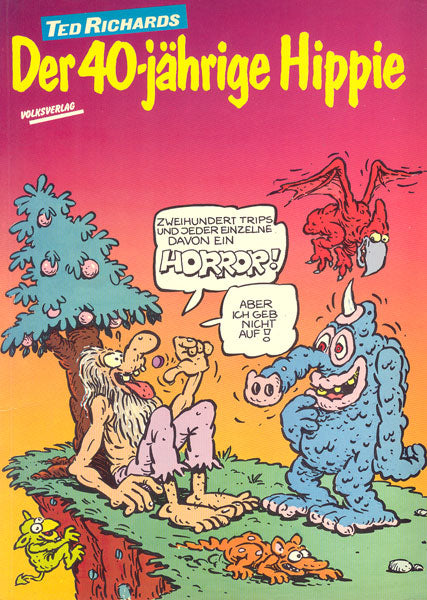Pippin ist der jüngste Sohn des Gärtners des Fürsten von Sursilvanien und ein «Pacific» -- ein friedfertiger Nichtsnutz, der lieber im Gras liegt und mit den Spatzen spielt, als zu arbeiten.
Pippins Vater gelingt es eines Tages für den Fürsten einen Baum mit goldenen Äpfeln zu züchten, worauf dieser verkündet einen der Söhne des Gärtners zu seinem Nachfolger zu ernennen. Eines Morgens fehlt einer der goldenen Äpfel. Da seine Brüder beim Stellen des Diebes versagen, wird Pippin damit beauftragt, der sich widerwillig seinem Schicksal fügt und unter den besagten Baum setzt. In der Nacht taucht der Dieb auf: ein goldener Reiher, der beim Apfelpflücken eine Feder verliert. Darauf möchte der Fürst den güldenen Vogel haben und das Spiel beginnt von Neuem …
Der Lauf der Geschichte treibt Pippin durch surreale Abenteuer und alle Bündner Fürstentümer: Sursilvanien, Surmiranien, Puterien und Valladien. Schliesslich kehrt er dank der Freundschaft zu einer riesigen Dohle und sehr viel Glück samt goldenem Vogel, Äpfeln, Pferd und Jungfrau zurück. Pippin wird wider Willen Fürst, aber zum Regieren hat er erst recht keine Lust, also …
«Pippin ist kein Dummling aus den Märchen, sondern ein Antiheld, der wider Willen Karriere machen soll -- trotz Eigensinn. Entscheidend aber für unser Bild von Pippin ist der Eigensinn von Chrigel Farner. Statt den Entwicklungsverweigerer von Tim Krohn als Schlaffi zu zeichnen, gibt der Illustrator eins drauf beziehungsweise ein Dutzend. Und statt nur mit Anspielungen auf rätoromanische Landschaften zu imponieren, zitiert er schamlos romantische Kunst: Pippin erinnert an den ‹Hirtenknaben› von Franz von Lenbach, und in den Bergtälern hausen Fettwanste und Feen à la mode de Gustave Doré. Weil sich heutige Fantasy ebenfalls im 19. Jahrhundert bedient, mögen Leser*innen bei Farners Motiven eher an ‹Game of Thrones› denken. Was er wiederum mit einer Landkarte auffängt, wie sie zu jedem Fantasyschmöker gehört. Doch zeigt er kein imaginäres Mittelalter, sondern parodiert ganz im Sinne von Krohns Text die Bündner Sprachlandschaften.»
-- Hans ten Doornkaat, Lektor und Publizist, Weinfelden
From the Publisher:
The youngest son of the Prince of Sursilvania's gardener, Pippin is a "Pacific" -- a peaceful good-for-nothing who would rather lie in the grass and play with the sparrows than work.
One day, Pippin's father manages to grow a tree with golden apples for the prince, whereupon the prince announces that he will appoint one of the gardener's sons as his successor. One morning one of the golden apples is missing. Since his brothers fail to catch the thief, Pippin is put in charge, who reluctantly submits to his fate and sits under the said tree. The thief appears in the night: a golden heron that loses a feather while picking apples. The prince then wants the golden bird and the game begins again...
The course of history drives Pippin through surreal adventures and all of the Grisons principalities: Sursilvania, Surmirania, Puteria and Valladien. Finally, thanks to the friendship, he returns to a giant jackdaw and a lot of luck with the golden bird, apples, horse and maiden. Pippin becomes prince against his will, but he certainly doesn't want to rule, so...
Pippin is no fool from the fairy tales, but an anti-hero who is supposed to make a career against his will - despite his stubbornness. What is decisive for our picture of Pippin, however, is Chrigel Farner's stubbornness. Instead of drawing Tim Krohn's development refusers as a slacker, the illustrator goes one better or a dozen. And instead of just impressing with allusions to Romansh landscapes, he shamelessly quotes romantic art: Pippin is reminiscent of Franz von Lenbach's 'Shepherd Boy', and in the mountain valleys fat bunnies and fairies à la mode de Gustave Doré live. Because today's fantasy also uses the 19th century, readers may think of Farner's motifs more like 'Game of Thrones'. Which, in turn, he captures with a map, as is part of every fantasy book. However, he does not show an imaginary Middle Ages, but parodies the language landscapes of Graubünden in the spirit of Krohn's text.»
-- Hans ten Doornkaat, editor and publicist, Weinfelden
Condition & Attributes
Publishing Information
Physical Description
We ship domestically via USPS Media Mail and Ground Advantage. Faster options, such as Priority Mail, are available.
We ship internationally via USPS Priority Mail International, FedEx, and DHL Express.
You may review all the shipping options for your address at checkout prior to finalizing your order.
We have over 27 years of experience packing and shipping collectible books. We pack every order so it will arrive at its destination in the same condition it left our store.



